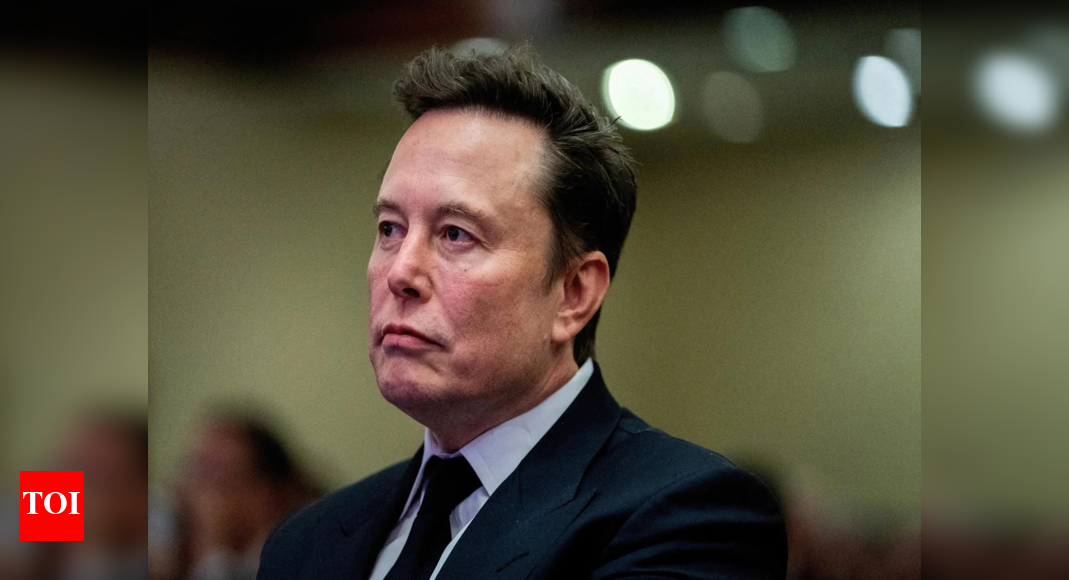Government Considers Legal Action Over ‘Provocative’ Questions Directed at Musk’s Grok

Legal Implications of Provocative Interactions with AI Chatbots
Overview of the Situation
In recent developments in India, the government is taking a stand against inappropriate and provocative interactions with AI chatbots, particularly Elon Musk’s AI service, Grok. Sources indicate that users posing inflammatory questions that lead to aggressive responses could face criminal repercussions. This move underscores a more significant effort by the Indian government to regulate online content and curb abusive language on digital platforms.
The Government’s Position
Proposed Legal Actions
The Indian government has issued warnings that both users and platforms could be held accountable for inappropriate content engendered by interactions with AI chatbots. This policy aims to ensure that users remain civil and that digital platforms adhere to established laws concerning online conduct.
As part of this initiative, recent discussions have blurred the lines between free expression and the need to regulate harmful content effectively. The Ministry of Electronics and Information Technology is urging platforms like X (formerly Twitter) to comply with local content management regulations to prevent inappropriate material from proliferating.
Legal Challenges
In response to these regulations, X has filed a lawsuit in the Karnataka High Court. The platform argues that the government’s uses of Section 79(3)(b) of the Information Technology Act are overreaching. Specifically, X claims that this section does not grant the government the authority to demand the removal of localized content that may infringe on user rights and free speech.
Details of the Case
Section 79(3)(b) Debate
The primary argument at the heart of X’s legal challenge is centered on Section 79(3)(b) of the IT Act. The platform asserts that this law does not enable the government to order the obstruction of information. Instead, X contends that actions to block information can only be taken under Section 69A of the IT Act, accompanied by regulations established in the IT Rules of 2009.
Scheduled Hearings
The case has been set for a hearing on March 27. The outcome could significantly influence how content moderation is approached by social media platforms in India. By pursuing legal channels, X seeks clarification on the balance between regulatory demands and user rights.
Public and User Reactions
The developments surrounding Grok have ignited a conversation about the responsibilities that come with using AI chatbots. Users expressed concerns regarding censorship and the potential for misuse of power in governing online interactions. Providing users with the freedom to engage in open conversations while ensuring responsible use of AI technology is a delicate balancing act.
Key Takeaways
- Criminal Accountability: Users may face legal consequences for fostering provocative engagements with AI chatbots.
- Platform Responsibilities: Social media companies must navigate the complexities of local regulations while fostering an environment of free expression.
- Legal Precedents: The upcoming court hearings could set significant precedents regarding content regulation and digital rights in India.
As social media platforms and governments grapple with these issues, the conversation around regulation, free speech, and user privileges will continue to evolve, shaping the future landscape of online communication.





